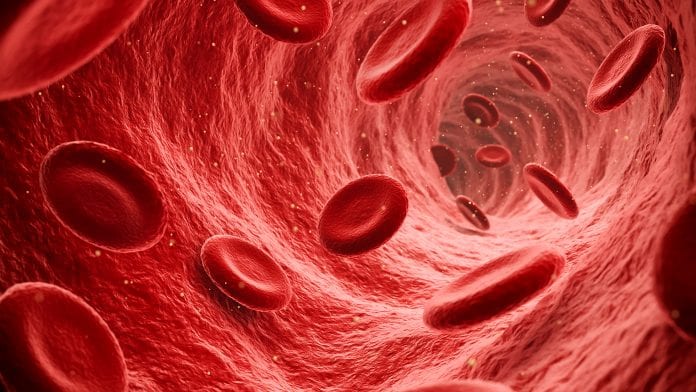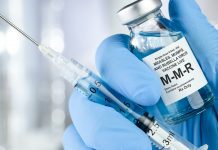
A novel study has identified the propensity for COVID-19 to generate the recurrence of blood clots in the upper body of patients for the first time.
The investigation, conducted by researchers at the Rutgers Robert Wood Johnson Medical School, has discovered a potentially fatal implication of COVID-19, with the deadly virus now understood to be capable of instigating life-threatening blood clots in the upper arms.
Their research is published in the journal Viruses.
Deep vein thrombosis
Previously, there have been cases reported of the correlation between COVID-19 and deep vein thrombosis in the lower extremities; however, a new case found in an 85-year-old patient has demonstrated that the virus can initiate inflammation that leads to recurring deep vein thrombosis in the upper extremities too.
The investigation is part of a comprehensive analysis of 1,000 hospitalised COVID-19 patients who were admitted between March and May 2020, with the research possibly modifying healthcare strategies to combat the disease.
Payal Parikh, the co-lead of the study from the Rutgers Robert Wood Johnson Medical School, said: “The patient presented to his primary care physician with complaints of swelling in his left arm and was sent to the hospital for further management where he was diagnosed with an upper arm blood clot and an asymptomatic COVID-19 infection.
“While his oxygen levels were not diminished, he was hospitalised for the management of the upper extremity deep vein blood clot. Often, blood clots are preceded by chronic inflammatory conditions exacerbated by immobility, and rarely do they occur in patients who are otherwise healthy and active at baseline.”
The majority of deep vein thrombosis cases transpire in the lower body, with around only 10% in the upper body, with a mere 9% of these recurring. Parikh said: “This is of concern since in 30% of these patients, the blood clot can travel to the lung and be possibly fatal. Other disabling complications include persistent swelling, pain, and arm fatigue.”
The researchers have extrapolated from their analysis that if COVID-19 patients have unexplained swelling symptoms, they should be tested for deep vein thrombosis to mitigate potentially deadly blood clots. Furthermore, people with the virus should seek urgent medical attention if they demonstrate symptoms of unexplained swelling, shortness of breath, and declining oxygen levels.
Parikh concluded: “If you have been previously diagnosed with deep vein thrombosis or have a chronic medical illness that predisposes you to blood clots, you have a higher risk for recurrence of a deep vein thrombosis in the setting of a COVID-19 infection and thus, should be vigilant.”






















